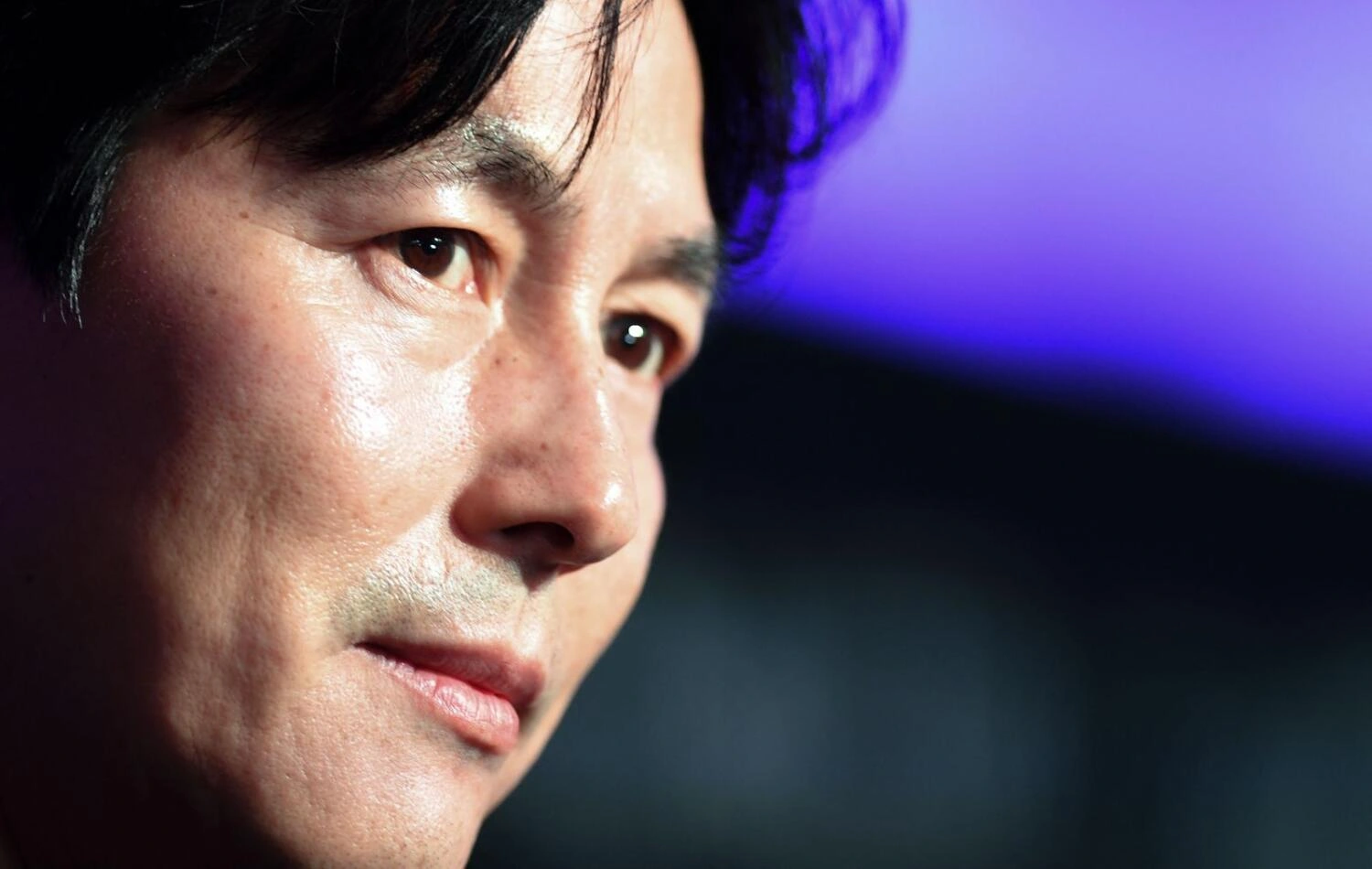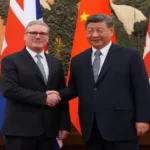One of South Korea’s most famous actors, Jung Woo-sung, apologized after news broke that he fathered a child with a woman he is not married to. This revelation stirred nationwide debate in a country where having children outside marriage remains a sensitive topic.
Jung, a major name in South Korea’s film industry since his debut in the 1990s, made headlines when his agency confirmed that he is the biological father of Moon Ga-bi’s son, who was born in March. The 51-year-old actor’s situation brought attention to long-standing societal stigmas.
A few days earlier, 35-year-old Moon Ga-bi had announced she had recently become a mother but did not reveal the father’s identity. Reports claimed Moon wanted to marry Jung to “provide her child with a family,” but the actor declined.
While Jung promised to “fulfill his responsibilities” as a father, his silence on marriage plans led to heavy criticism. Many in South Korea labeled him “irresponsible,” as the country still harbors deep prejudices against unmarried mothers and their children.
“I deeply apologize to everyone who has supported and believed in me for the disappointment and concern I’ve caused,” Jung said on Friday during the Blue Dragon Film Awards. “I will accept all criticism and, as a father, fulfill my responsibilities to my son to the very end.”
Jung has long maintained a clean reputation and served as a goodwill ambassador for the UN refugee agency for nearly a decade until July. However, critics this week drew parallels between his son’s situation and that of refugees, focusing on the stigma faced by children of unmarried parents.
“He has spoken about welcoming refugees, but he has made his own son a refugee,” one commenter wrote online.
The situation also opened discussions on South Korea’s rigid views on family. Opposition lawmaker Lee So-young voiced her support for embracing diverse family structures. “The reality is that everyone is unique. A society that respects these differences would surely be better, wouldn’t it?” said Lee, whose parents divorced during her childhood.
Statistics show that only 4.7% of South Korean babies were born outside marriage last year, the lowest among 38 developed nations where the average is 40%. Experts suggest that restrictive laws on what defines a family contribute to these figures. For example, adoption by unmarried individuals is rarely approved, sperm donation is effectively inaccessible to single women, and same-sex marriages are not legally recognized.
South Korea continues to grapple with the world’s lowest birth rates and declining marriage rates, highlighting the need for a broader definition of family and acceptance of diverse lifestyles.









